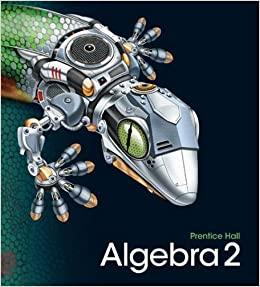Question
Logic of Inferential Statistics with Analysis of Variance Food and Focus Study Study Purpose : Researchers are examining the use of different foods to help
Logic of Inferential Statistics with Analysis of Variance
Food and Focus Study
Study Purpose: Researchers are examining the use of different foods to help students focus during the school day. Past research suggests that younger children who eat a balanced diet are able to maintain focus during the school day. More recent research has led researchers to believe younger students' diets should be higher in glucose (fruits) and lower in starchy foods. The current study wishes to extend findings to a junior high school population.
Research question: What is the effect of food on junior high school students' ability to focus during the school day?
Methods: 90 students from 3 junior high schools in the mid-western region of the United States were randomly assigned to one of three groups, a balanced diet group, a high glucose diet/low starch, and a control. The students ranged in age between 13-15. Each group ate breakfast before school with two smaller meals spaced evenly through the school day. Students were allowed a 20 minutes for each of the two breaks during the day. The balanced diet and high glucose/low starch groups were provided with specific meals to reflect their grouping. The control group was allowed to eat whichever foods were available in the lunchroom that day.
For the purpose of the study, student Focus is defined as the amount of time students are able to maintain focus during the school day; this was measured by trained observers using a stopwatch.
Analysis: The researchers chose to use an ANOVA to determine significance of the data, setting the significance level at p < .05
Results: Tests of group differences were as follows:
Means and Standard Deviations for
Time in minutes focused on learning:
Balanced Diet:M = 270, SD = 52.71
H glucose/L Starch:M = 263, SD = 36.72
Control:M = 175, SD = 98.08
F (2,87) = 6.09, p = .007
List the Null Hypothesis:
List the Alternative Hypothesis:
Interpret the Statistical Test and Probability:
Discuss Possible Error:
Provide Conclusions:
Step by Step Solution
There are 3 Steps involved in it
Step: 1

Get Instant Access to Expert-Tailored Solutions
See step-by-step solutions with expert insights and AI powered tools for academic success
Step: 2

Step: 3

Ace Your Homework with AI
Get the answers you need in no time with our AI-driven, step-by-step assistance
Get Started


